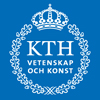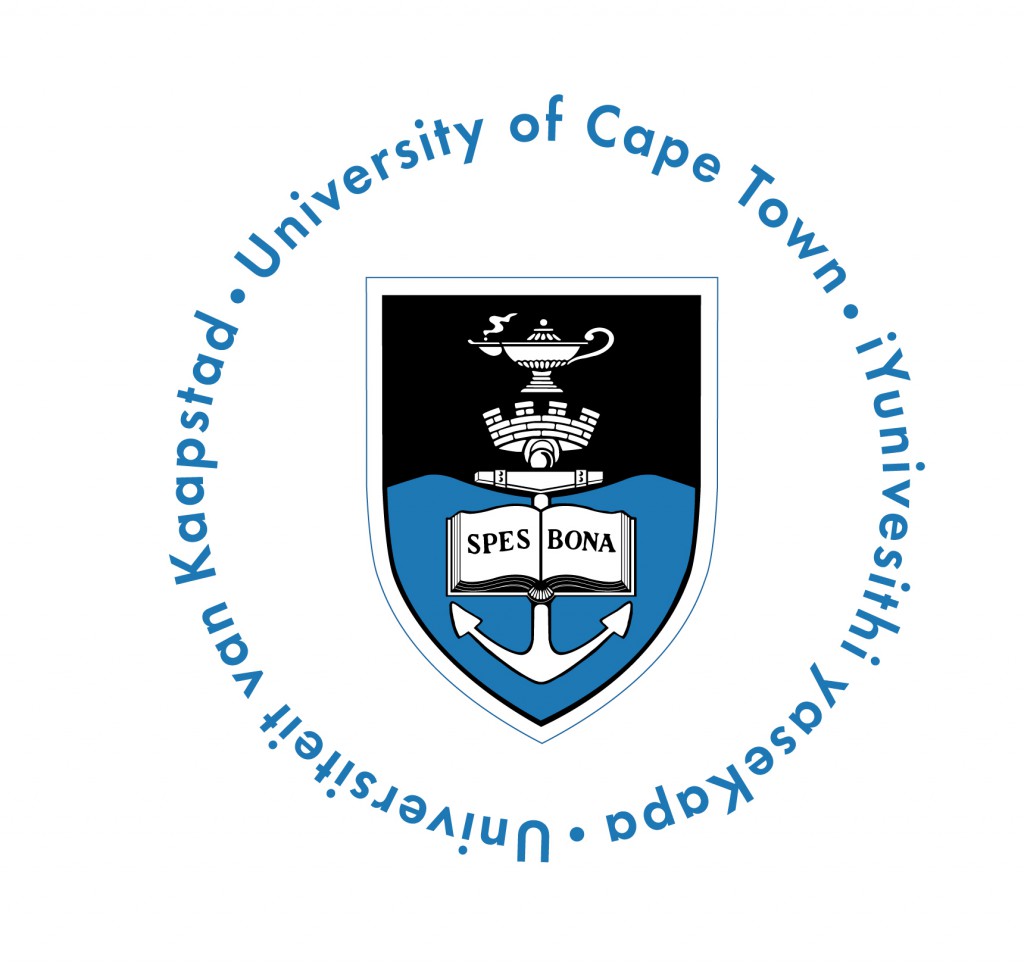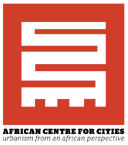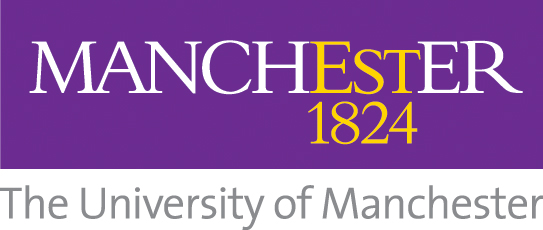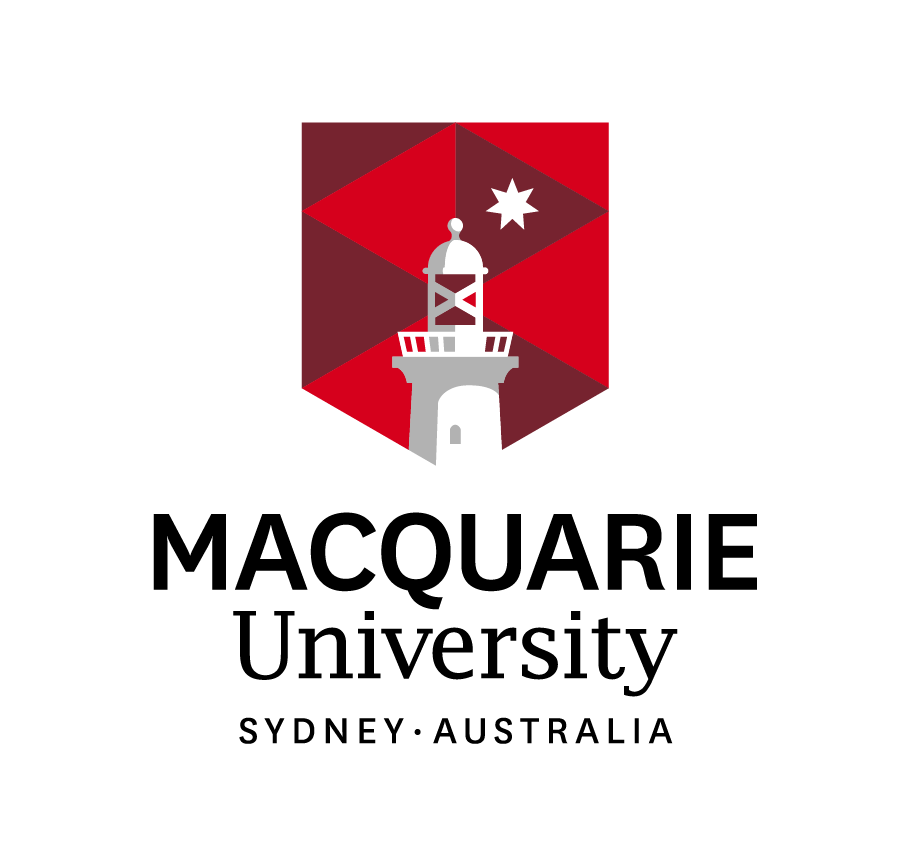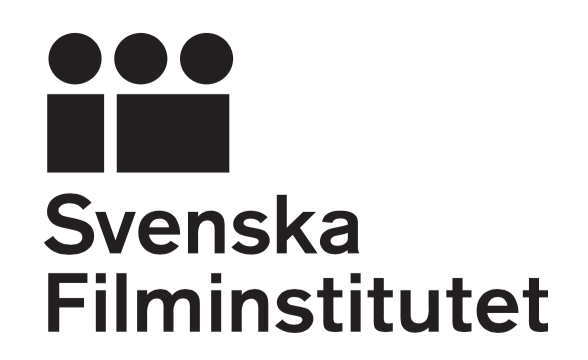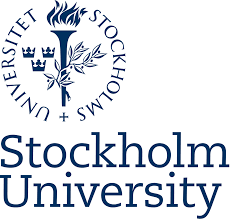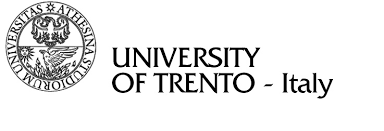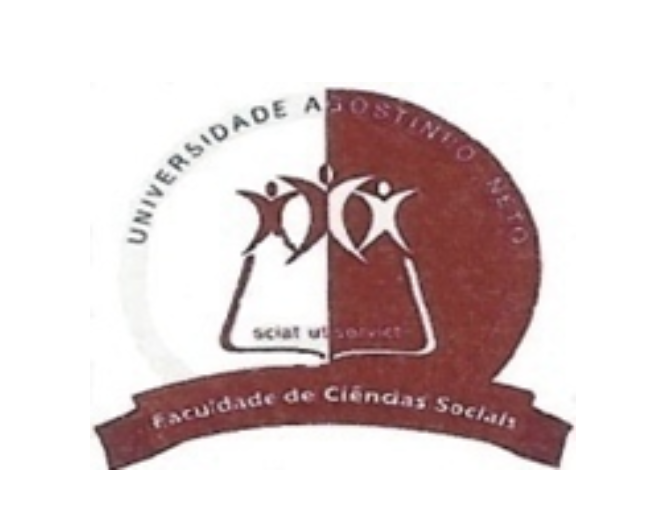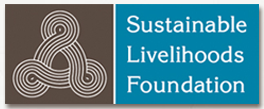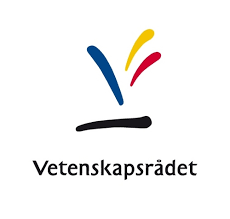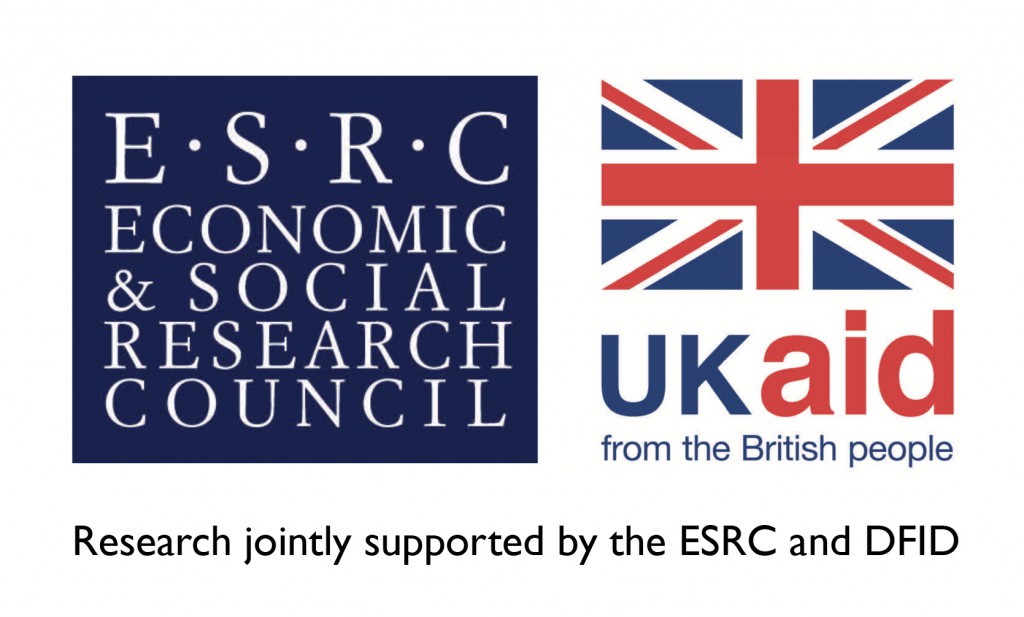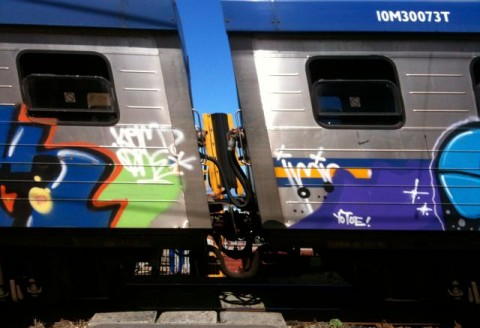About us
THE SITUATED ECOLOGIES PLATFORM gathers art, design and research collaborations to contest and democratise ecologies. This means that we seek collaborations that pluralises the study of ecology based on the idea that there are multiple ways of knowing and our commitment to democratic and egalitarian politics.
Our work develops new theory and method in collaborations with scholars from the humanities, and natural and social sciences. But also representatives from civil society and cultural practitioners. Apart from publishing articles and books, we have worked with film, theatre, and design to redefine the study of ecology. We have also organised several conferences, courses, meetings and festivals in an extensive network of people and scholars, including but not limited to: Wangui Kimari, Ashley Bohrer, Andrés Henao Castro, Anita Mkizwana, Philisiwe Twinjstra, Jia-Ching Chen, Ricardo Cardoso, Jonathan Silver, Mary Lawhon, Ismael Farouk, Tau Tavengwa, Densen Magaisa, Jane Battersby, Andrew Charman, Stefan Benting, Leeroy Philips, Gill Black, Shuaib Lwasa, Erik Swyngedouw, Emile Jansen, Kelvin Cochrane, Madina Tlostanova, Oddveig Nicole Sarmiento, Sverker Sörlin, Felipe Irarrázaval, Gianfranco Selgas, Adam Wickberg and more.
Co-directors:
- Henrik Ernstson, Co-director & Founder, KTH & The University of Manchester [ernstson[AT]kth[DOT]se]
- Jacob von Heland, Co-director, jacobvonheland[AT]gmail[DOT]com
- Joshua Lewis, Co-director, Tulane University [jlewis9[AT]tulane[DOT]edu]
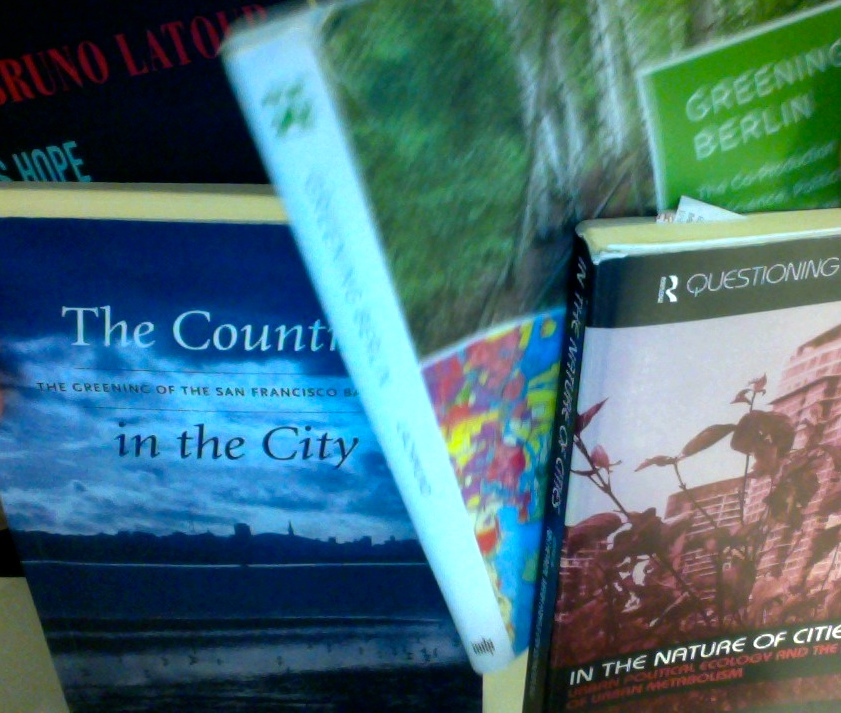
To be situated
To be situated means to attend to difference and to take each location seriously for what it can bring to theory-making, while keeping broader geographies and dynamics in view. It also means to attend to knowledge politics and the origins of theory, how theory has travelled and how it has been embodied in different subject-positions; it means to attend to from where we speak when we theorise a particular place, a city, the environment, people and nonhumans.
We draw upon critical theory related to ontological and epistemological politics; science-and-technology studies (STS); on bio-semiotics and material semiotics; on postcolonial theory and decolonial thinking; on political theory; and on interpretative and experimental work in history, theatre and film. We work with natural and social scientists; with directors, dance artists, and illustrators. We work to create engaging outputs through film, design or theatre, something we see as integral to the research we are doing. And we also produce peer-reviewed publications; we give courses and organise workshops for academics, students and civil society, trying to share our learning.
Our research aims to bring forth the many voices, experiences and practices that are re-working contested ecologies and to collaborate around theoretical standpoints from where contested ecologies and futures can be understood and engaged.
The Situated Ecologies Platform celebrates texture, richness, immersive outputs, and multiple theoretical viewpoints to understand ecology and its inherent politics. We contribute to several fields of research and investigation, including human geography, ecology, sociology, post-colonial studies, critical film and design studies, and broadly to the vibrant field of environmental humanities.
Background in the study of urban ecology
With a keen interest to better understand the relation between scientific expertise and vernacular place-based ways of knowing (so called epistemological and ontological politics), The Situated Ecologies Platform grew from 2011 out of two larger Formas-grants lead by Henrik Ernstson (Ways of Knowing Urban Ecologies, WOK-UE; and Socioecological Movements in Urban Ecosystems, MOVE).
The aim has been to present alternatives of how ecology can be studied, and work against a general tendency in the environmental sciences to use frameworks that simplifies particular places since it impoverishes understandings of what is at stake, locally and globally. Our work aims to develop methods, capacities and theories to multiply ways of knowing ecology.
The Situated Ecologies Platform is a curious space. Of particular interest has been the production, re-working and contestations of urban ecologies, and the processes that intersects nature, city, ecology and urbanisation. Urbanisation is rapid, uneven and multi-folded. This has brought a focus on how people and their identities, social and political processes, are mixed up with material ecologies such as wetlands, sand dunes, parks and gardens, but also with infrastructural systems of sanitation, water and electricity.
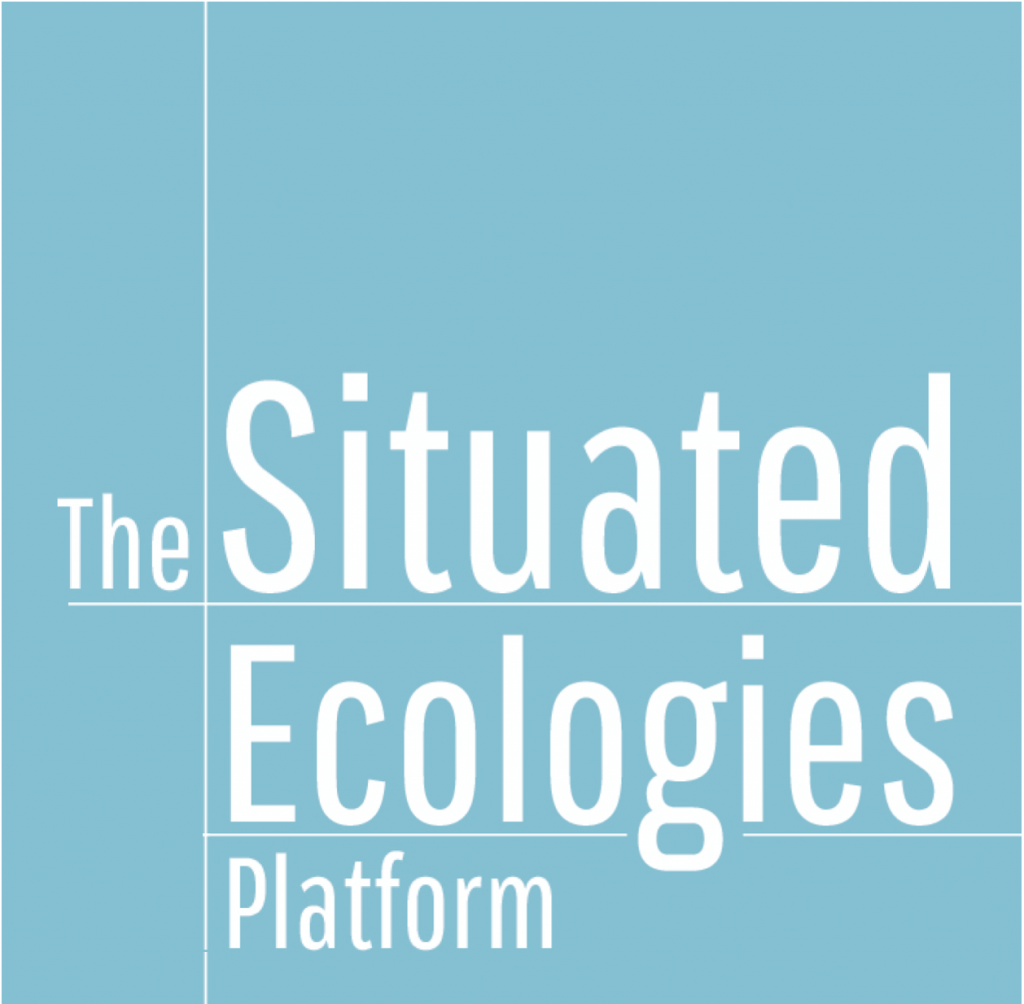
The research of The Platform straddles the lines of geography, ecology, sociology and history and strives to answer and provoke debates about questions of sustainability and equality, including questions about identity, power and biophysical agency. As such, The Platform developed early interdisciplinary collaborations with ecologists to do site-specific biophysical studies in Cape Town and New Orleans—but interpreted from how these cities have been shaped by historical and racialized planning processes.
From these beginnings in interdisciplinary urban ecology studies, we have over the years developed a range of collaborations, from a collaboration between Konstfack and KTH that explored the borderland between design, art and ecology; theatre collaborations with cultural practitioners in Cape Town and Thessaloniki; film-as-research and cinematic ethnography; and two edited book volumes as contributions to environmental studies and urban political ecology.
The Platform has also nurtured the development of Situated Urban Political Ecology, a sub-field that intersects postcolonial and Southern urbanism with political ecology with an initial empirical focus on the cities of the global South. This part of The Platform was moved in 2017 to its own dedicated website at The Situated UPE Collective.
Short history, funding and people
First moment (2011…) — Ways of knowing urban ecologies and urban social movements
In its first moment, the Platform was originally funded by two research grants held by Henrik Ernstson from The Swedish Research Council Formas. These stretched from 2011-2017 and was given to develop more textured and in-depth understanding of environmental politics and ecosystem change in highly unequal cities with in-depth studies in Cape Town and New Orleans. The grants were “Ways of Knowing Urban Ecologies” (WOK-UE, PI: H Ernstson, Dnr: 250-2010-1372), and “Socioecological Movements in Urbanized Ecosystems” (MOVE, Dnr: 211-2011-1519; PI: H Ernstson).
Major contributions to The Platform came from Joshua Lewis and Marnie Graham, then PhD students and with case studies in New Orleans and Cape Town respectively, but also Jane Battersby, who went on to develop food security work in African cities based on WOK-UE, and environmental historian Sverker Sörlin. The network around these two projects also included environmental historian Anna Storm, ecologists Wayne Zipperer and Pippin Anderson, and sociologists Mario Diani and Lorien Jasny.
Second moment (2014…) — Southern urbanism, political ecology, and political theory
In a second moment and because further support was received from Marcus and Amalia Wallenberg Foundation (to Henrik Ernstson, 2015-2017), part of the funds from the original grants could be redirected to support more researchers and extend the network. This included the following mile stones:
- Developing The Situated UPE Collective from 2014, Henrik Ernstson, Mary Lawhon and Jonathan Silver developed a series of meetings, readings and papers to develop the Situated UPE Collective as an outcrop from Situated Ecologies which now has its own website. Henrik was already at African Centre for Cities at University of Cape Town from 2009ish and could hire Mary as postdoc in his project, and hire Jon as part-time researcher as he came as visiting scholar to ACC.
- Collaborations to use design to pose political ecological questions with industrial designer and philosopher Martín Ávila at Konstfack in Stockholm from 2015.
- Seed-funding for a film-based research project in Cape Town with Jacob von Heland, who in turn secured a much larger grant in 2017 on Visual Environmental Humanities with Henrik Ernstson (see below). The latter grant lead to the development of cinematic ethnography and a trilogy of films on postcolonial ecologies in South Africas cities.
- A new project at UCT from 2015 with Koni Benson, Suraya Scheba and Edgar Pieterse called NOTRUC, Notations on Theories of Radical Urban Change, which included supporting the publishing the major magazine Publica[c]tion during #RhodesMustFall.
- Development of the Annual PhD School Democratic Practices of Unequal Geographies, that reads political theory with and against Southern urbanism. It was convened by Henrik Ernstson and Andrés Fabián Henao Castro during 2015 and 2016, joined by Ashley Bohrer from 2017, and Jacob von Heland in 2019.
- The two major conferences: Interrupting the Anthropo-Obscene in a Stockholm theatre in 2015 (Henrik Ernstson with Erik Swyngedouw); and at Stanford University, Urban Beyond Measure: Registering Urban Environments in the Global South in 2015 (Henrik Ernstson with Jia-Ching Chen with support from James Ferguson).
Third moment (2017…) — Cinematic ethnography, active colonial remains, and postcolonial ecologies
The third moment rested upon a grant received by Jacob von Heland (PI) and Henrik Ernstson for developing film-as-research as a contribution to the emergent field of Environmental Humanities. The Formas grant Towards a Visual Environmental Humanities in the Digital Era (VEH; PI: Jacob von Heland; Co-I: Henrik Ernstson; 2017-2020) aimed to develop a research practice using camera and film for critical environmental studies. The grant has developed cinematic ethnography to study postcolonial ecologies with an empirical focus on South African cities. The grant has extensively contributed to the platform in various ways, including:
- Case studies into environmental politics using camera in Cape Town and eThekwini/Durban.
- The development of cinematic ethnography and a trilogy of films on postcolonial ecologies in South Africas cities.
- The cinematic ethnography One Table Two Elephants (2018, 84 min) which has been screened for up to a thousand people, nominated to several prises and with World Premiere at CPH:DOX International Film Festival in 2018.
- A second cinematic ethnography Lindeka’s Book (2020, 90 min) based on work in eThekwini-Durban.
- Online teaching and learning resources for film when releasing One Table Two Elephants for free online in 2020.
- Development of the Crosscuts Film Festival with Chief Editor Jacob von Heland and Sofia Jonsson in collaboration with KTH Environmental Humanities Laboratory. Organised in Stockholm 2018 and 2019 with dozen of films per year and key notes by leading film makers and scholars.
- Piloting a peer-review format for film-based research through Annals of Crosscuts in 2019.
- The cinematic ethnography The Lindeka: When a City Ate a Book (2023, 66 min) has its World Premiere at SVA Film & Media Festival in Toronto in November 2023 organised by the Society for Visual Anthropology and hosted by the AAA conference.
Fourth moment (2019…) — Thinking infrastructure from the urban South
In this fourth overlapping moment, there has also been a stronger development towards the study of urban infrastructure in cities in Africa, with case studies in Kampala, Luanda and Cape Town and was based on three grants on urban infrastructure:
- GROWL — Grounding and Worlding Urban Infrastructure (2018-2021) on how large-scale infrastructures intersect with everyday infrastructure in Luanda through “petro-urbanbism” and investment from, in particular, China, with PI Henrik Ernstson, Wangui Kimari, Ricardo Cardoso, Jia-Ching Chen, and Tiffany Liu and collaboration with Universidade Agosthino Neto.
- HICCUP — Heterogeneous Infrastructures of Cities in Uganda Project: Thinking Infrastructure with the South (2016-2019) with a focus on how everyday infrastructure from the marginalised in Kampala intersects with and supports the reproduction of the city in terms of sewage and waste management. This has been in collaboration with Makerere University and The SituatedUPE Collective with funding from Swedish VR-SIDA, with PI Henrik Ernstson, Shuaib Lwasa, Jonathan Silver, David Nilsson, Mary Lawhon, and students Peter Kasaija, Gloria Nsangi, Disan Byarugaba, and Hakimu Sseviiri.
- TLR — Turning Livelihoods to Rubbish? Impacts of Formalisation, Financialisation and Technologization of Waste Management on the Urban Poor (2016-2019) with PI Erik Swyngedouw, Mary Lawhon, Henrik Ernstson, Kathleen Stokes, Nate Millington, and Anesu Makina.
Fifth moment (2024…) — Extractive continuities, dredging — and the politics of low-emission transition
Focus on dredge capital through a grant from the Swedish Research Council with Henrik Ernstson (PI), Joshua Lewis, Ashley Carse and Jonas Hein. Also collaboration with Gianfranco Selgas on ‘Archives of the Planetary Mine’—and with Adam Wickberg—and with Wangui Kimari, Martin Avila, and Felipe Irarrazaval and others on the politics of the low-emission transition. Needs updating (April 2024/HE)
In its early phase, The Situated Ecologies Platform was also supported from an exchange grant from STINT, The Swedish Foundation for International Cooperation in Research and Higher Education, which supported collaborations between KTH in Stockholm and African Centre for Cities at University of Cape Town (PI: Henrik Ernstson & Sverker Sörlin). More recently in 2019, Jacob von Heland and Henrik Ernstson received a smaller planning grant on Narrative Tools in Developing Inclusive and Participatory Education with Suraya Scheba and Staffan Josephsson.
A proper write-up of this history beckon. But there is no time for this now. (Somewhat upated on April 2024… /HE)
Institutional backing over the years
We enjoy and have enjoyed the support from the academic institutions that provide us with institutional homes. Core institutions that over the years have provided administrative support for the various research projects that have made the platform are:
- KTH Environmental Humanities Laboratory, KTH Royal Institute of Technology in Stockholm, Sweden;
- African Centre for Cities, University of Cape Town, South Africa;
- Department of History, Centre for African Studies, and Department of Anthropology, Stanford University, CA, USA;
- Department of Geography, The University of Manchester;
- ByWater Institute, Tulane University, New Orleans, USA;
- Department of Geography, MacQuire University, Sydney, Australia;
- Department of Geography, The University of Manchester, Manchester, UK;
- Environmental Science Department at KTH (aka SEED), KTH Royal Institute of Technology in Stockholm, Sweden.
Participating researchers have also received support from institutions :
- In Africa: Urban Action Lab, Makerere University, Uganda; Universidade Agostinho Neto, Angola; University of Pretoria, South Africa; Art for Humanities, University of Kwa-Zulu Natal, South Africa; University of Western Cape, South Africa; Sustainable Livelihoods Foundation, Cape Town, South Africa; Heal the Hood, Cape Flats, South Africa.
- In Europe: Department of Sociology at Trento University in Italy; Department of Geography, Durham University, UK; Urban Institute at Sheffield University; University of Sussex, UK; Stockholm Resilience Centre, Stockholm University, Sweden; Department of Human Geography, Stockholm University, Sweden;
- In Asia: Yale NUS, Singapore;
- In North America: Department of History / Anthropology / Centre for African Studies, Stanford University, USA; Department of Anthropology ; SESYNC at University of Maryland, USA; University of California Santa Barbara, USA; and Portland State Univeristy, USA.
Funding agencies
The following funding agencies have supported the work of the platform:
- Swedish Research Agency Formas, Sweden
- Swedish Research Council (VR), Sweden
- Swedish International Development Agency (SIDA, with VR), Sweden
- Marcus and Amalia Wallenberg Foundation (MAW), Sweden
- The Swedish Foundation for International Cooperation in Research and Higher Education (STINT), Sweden
- AXA Research Fund, France
- Economic and Social Research Council (ESRC), UK
- South Africa Sweden University Forum (SASUF), South Africa
- Swedish Film Institute (SFI), Sweden
- South African Research Council, South Africa
Photos from field work and other projects
There is really no order here. This also needs to be updated. /HE
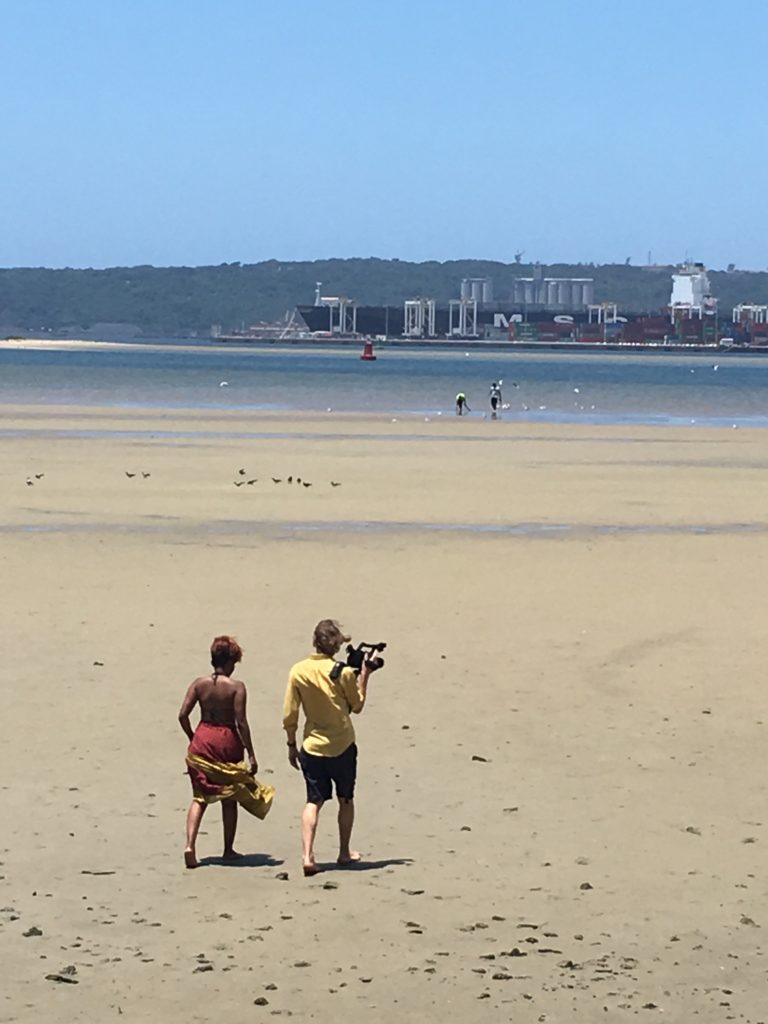
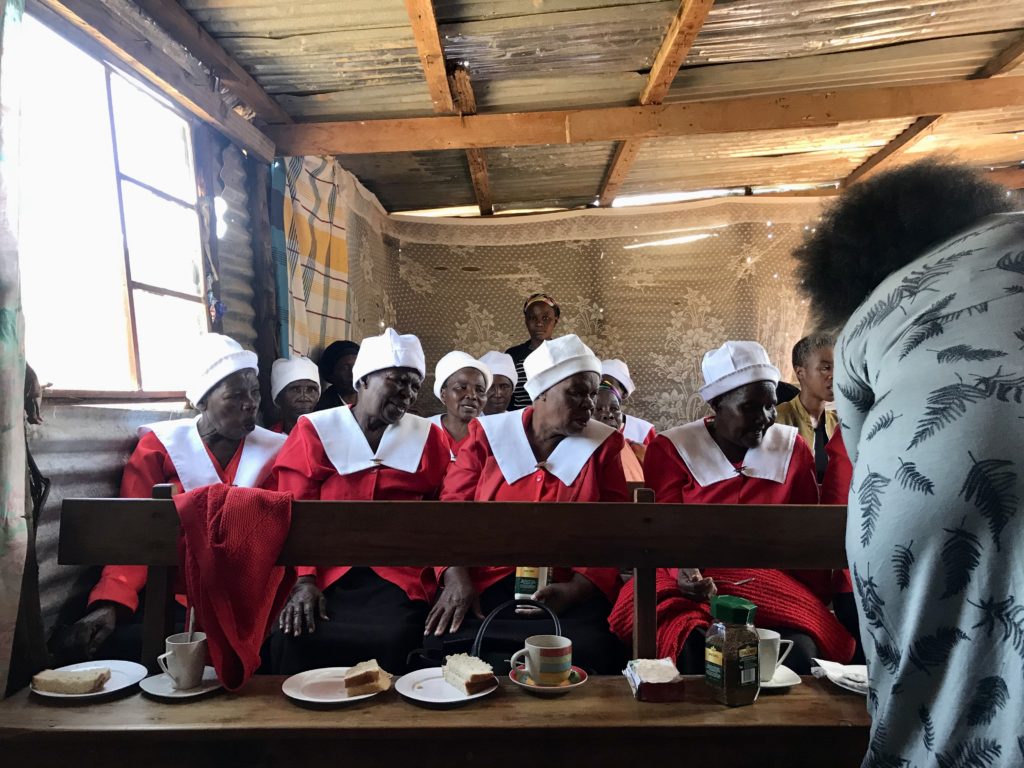
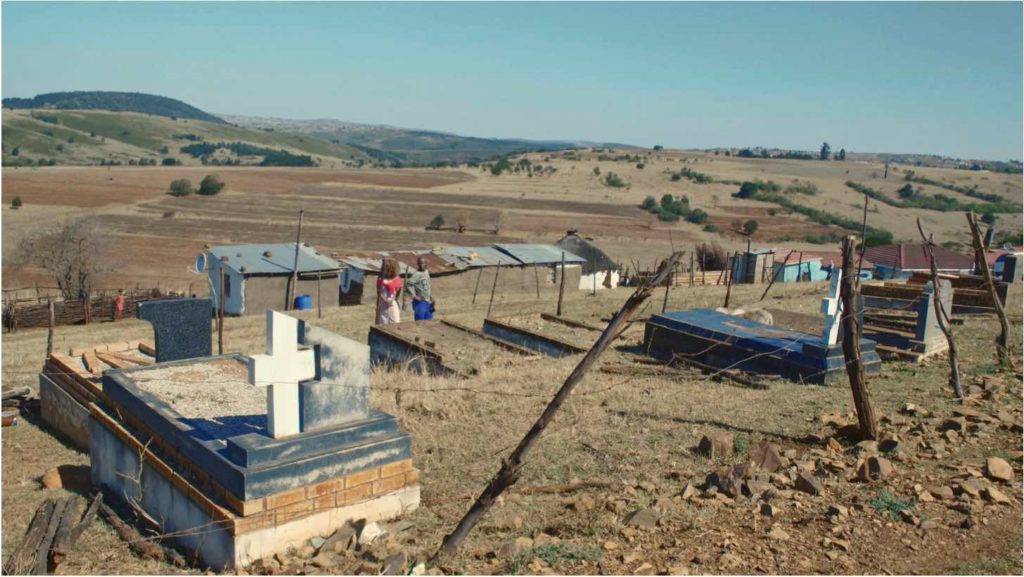

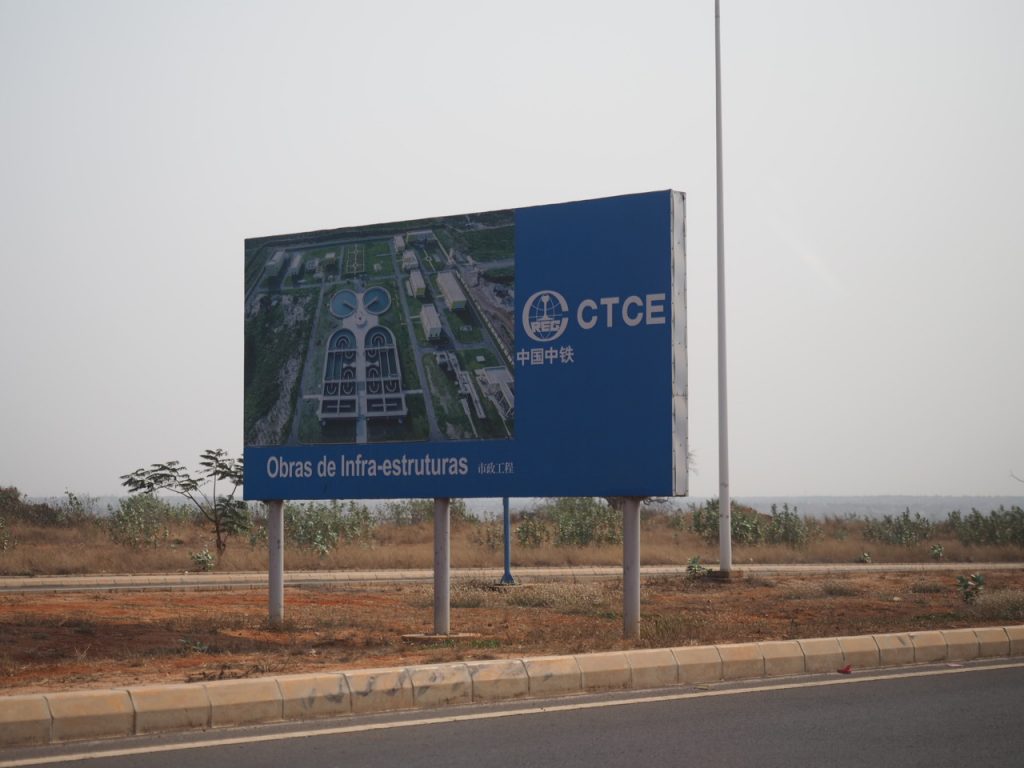
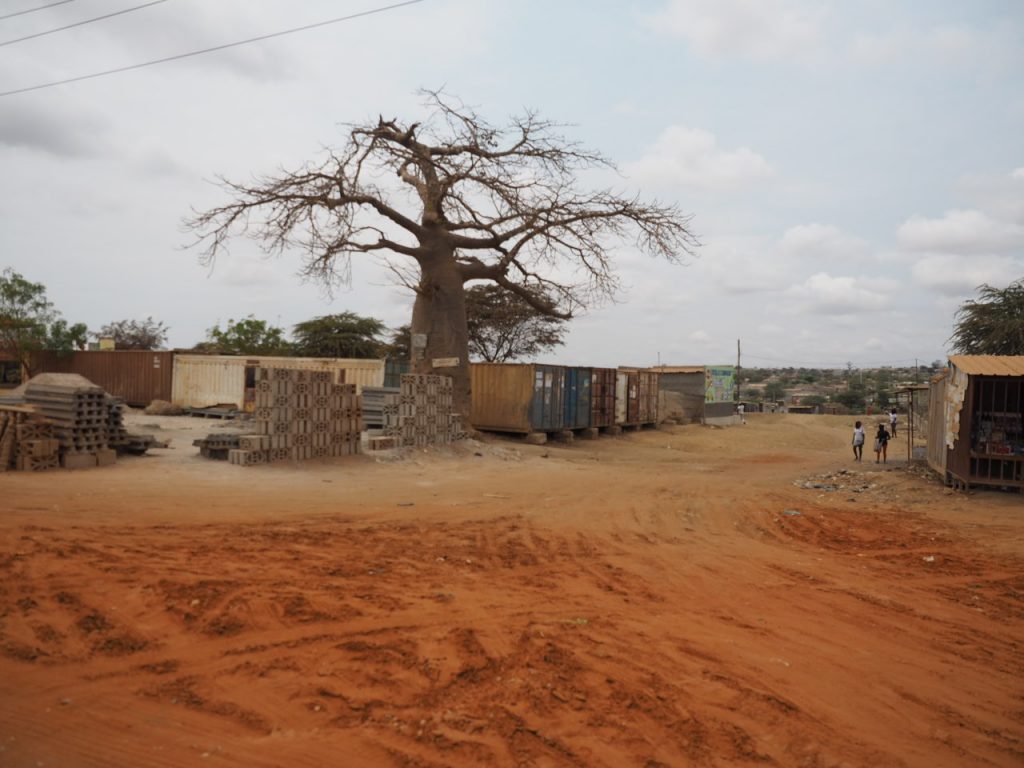
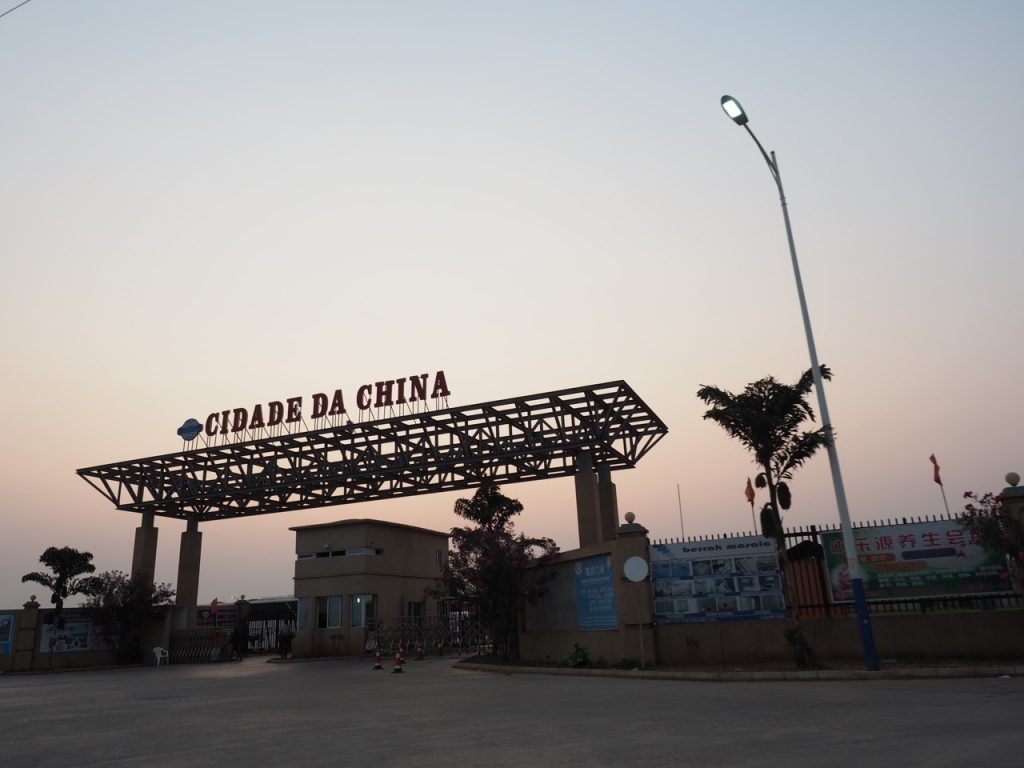
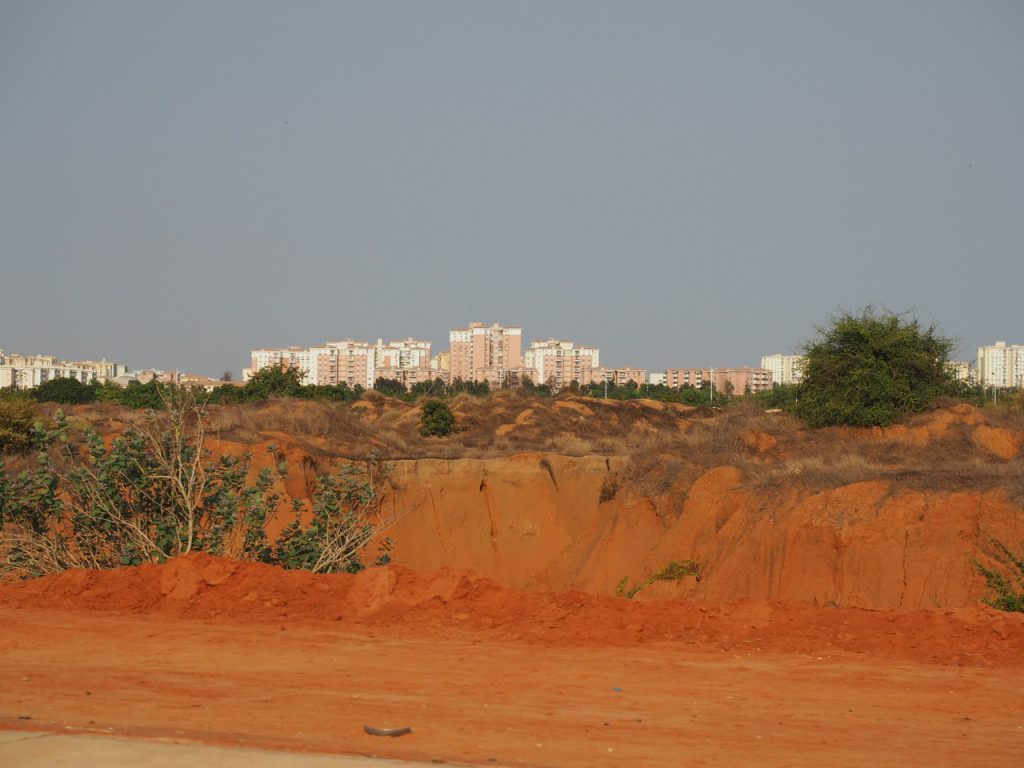
Institutional support for Situated Ecologies.
